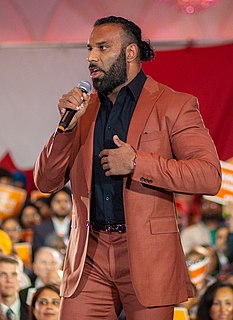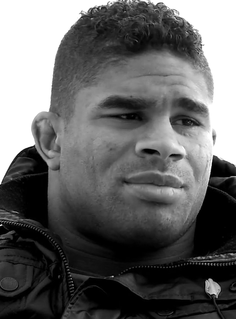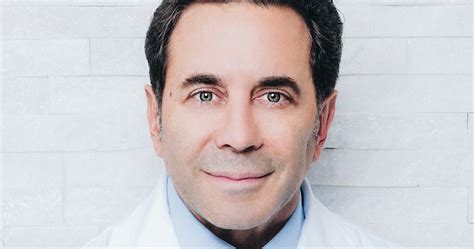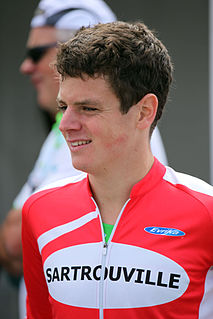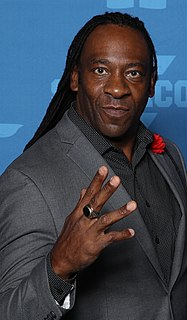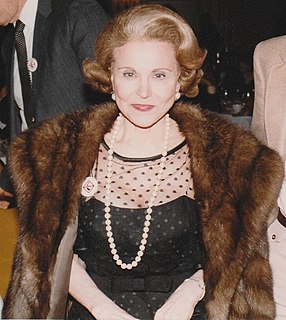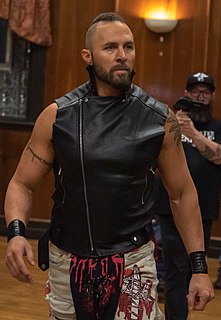A Quote by Jinder Mahal
I'm an example that, in the WWE, there are opportunities for people who work hard, improve constantly.
Quote Topics
Related Quotes
Cutting to the chase, I don't see Sting in WWE any time soon and especially not in the ring vs. the Undertaker in the Georgia Dome. I do think that Sting would be well served to explore potential marketing opportunities with WWE especially considering that all his 'greatest hits' which were in WCW are now owned by WWE.
